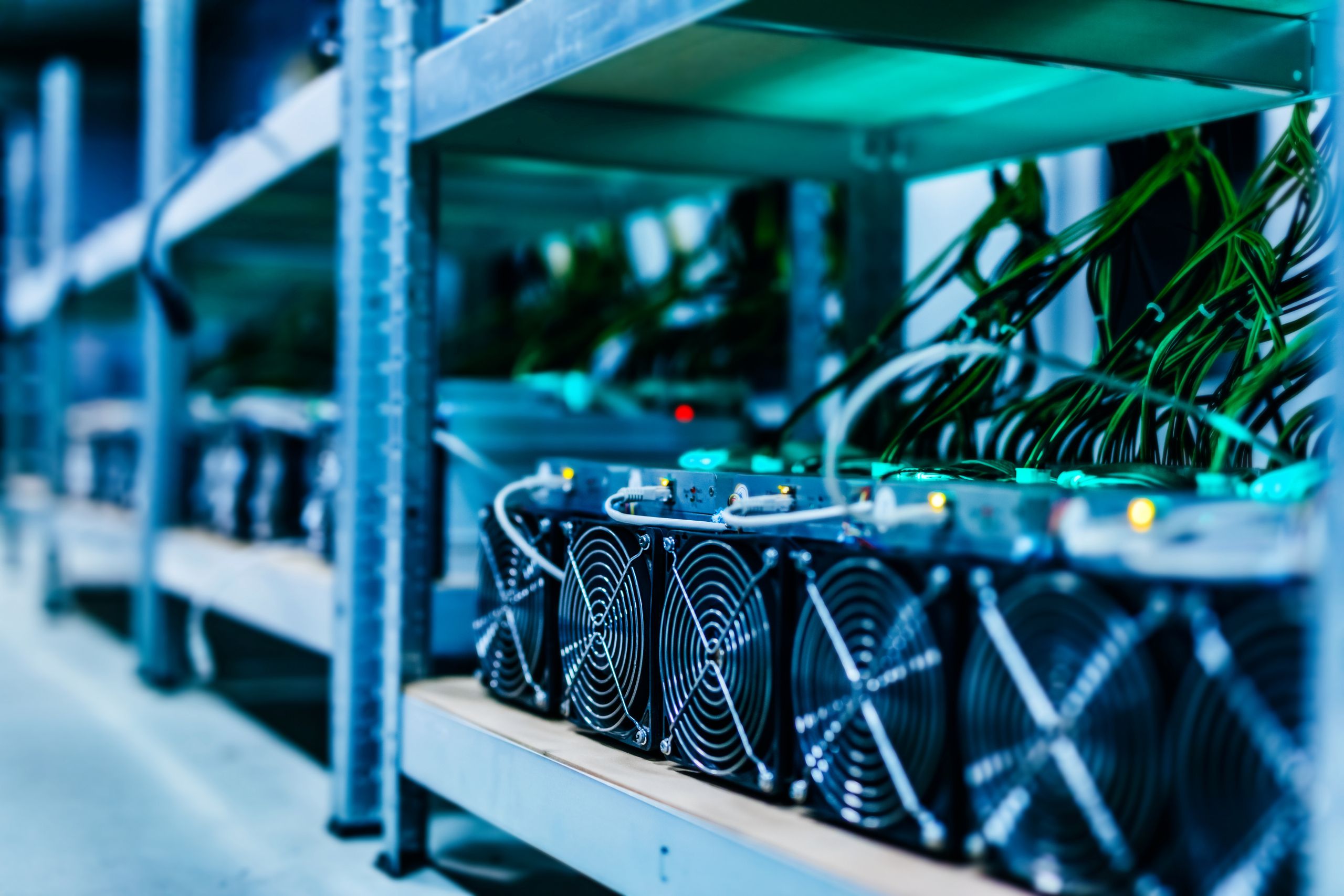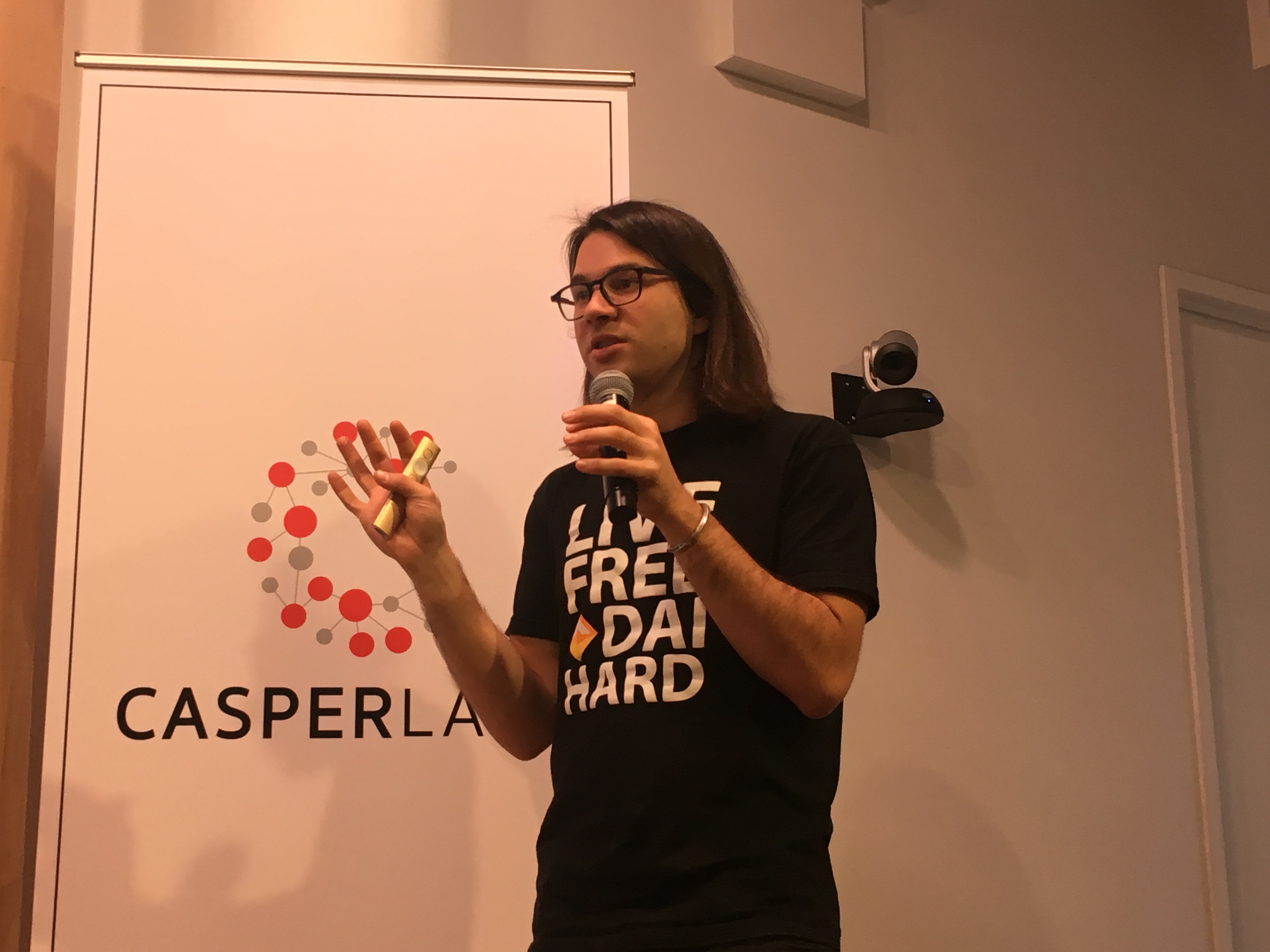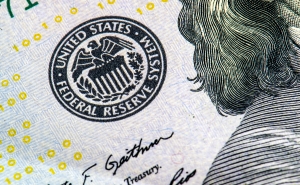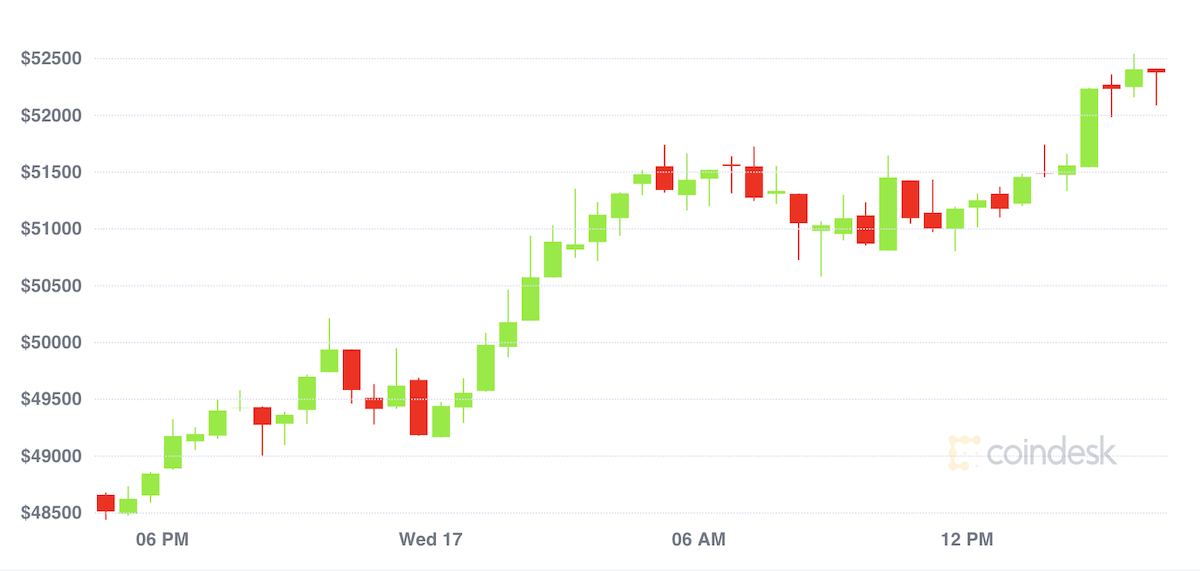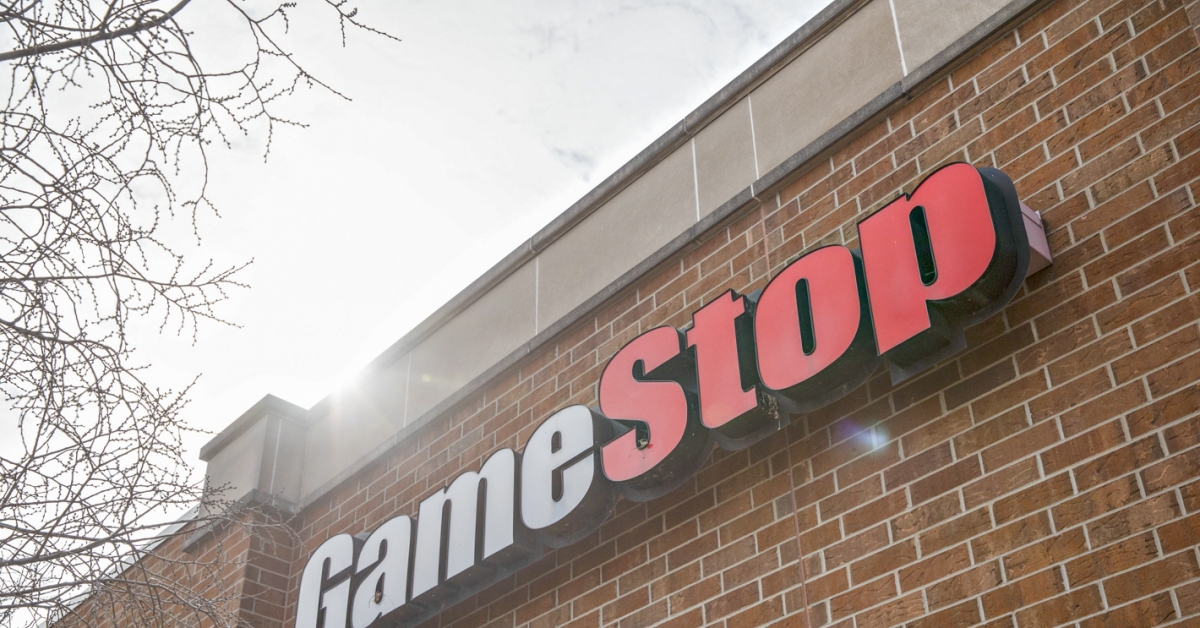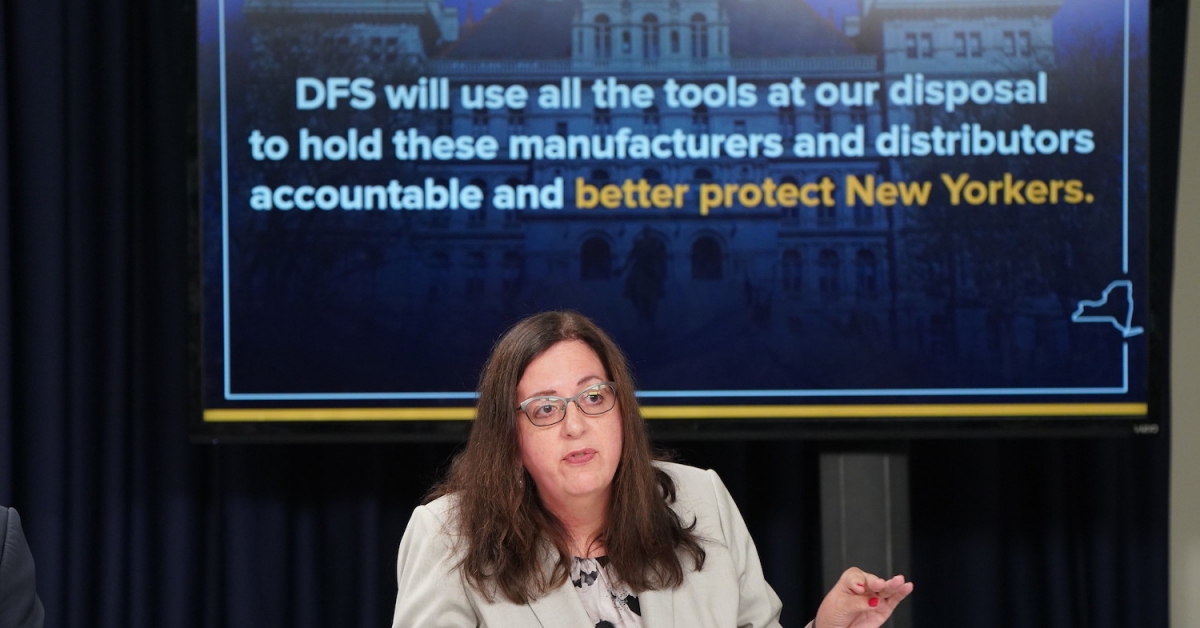Worldcoin Token Slumps Amid Crypto Community Unease
The crypto token tied to the Worldcoin identity-verification project surged after Monday’s launch only to see the initial gains erased as the crypto community express concerns about the project co-founded by OpenAI’s Sam Altman.
The worldcoin (WLD) token climbed as high as $3.58 on crypto exchanges yesterday, according to CoinMarketCap data, and was trading recently at $2.04.
That’s a reflection of the crypto community’s disquiet about the project, which uses a hardware unit known as an Orb to identify individuals and prove they are human by scanning their irises. Being able to verify a person in that way will be a key part of a new digital economy in an era when artificial intelligence (AI) is integrated into society, according to the company. Users verified by the Orb can claim WLD tokens on the project’s app, where regulations allow.
Ethereum co-founder Vitalik Buterin expressed his concerns about possible abuses of the system in a blog post yesterday, including issues around privacy, centralization and security. Worldcoin has also come under fire for heavily promoting itself in the developing world: About 30% of its Orb-verified users are in each of Asia and Africa, raising concerns about exploitation.
“Most alarming to me is how the WorldCoin team has boasted about how many users they have. When in reality they have been exploiting people in developing countries,” tweeted pseudonymous crypto influencer ZachXBT. They cited a story published in April 2022 by MIT Technology Review that found the firm deployed “deceptive marketing practices, collected more personal data than it acknowledged, and failed to obtain meaningful informed consent.”
Today, the U.K. data watchdog said it is making an inquiry into the project, hinting that the collection of personal data was questionable. A spokesperson for the firm said it adheres “to the strictest privacy guidelines and requirements in the markets where Worldcoin is available.”
Worldcoin’s backing by some of crypto’s black sheep has not helped, particularly in light of what critics see as questionable tokenomics.
In its Series A round in October 2021, Worldcoin received investment from Sam Bankman-Fried (SBF), the founder and CEO of crypto exchange FTX, which has since gone bankrupt with Bankman-Fried facing allegations of fraud.
The co-founder of bankrupt Singapore hedge fund Three Arrows Capital, Kyle Davies, also hinted that his firm had invested in the project.
“If my thesis holds correct, the 3AC venture portfolio will be the best performer of 2023. Congrats on Worldcoin,” he tweeted on Monday. Davies did not respond to CoinDesk’s request for comment on his involvement with the project.
As for WLD tokenomics, “Worldcoin taking a page out of SBF Solana eco playbook, launching and pumping a microcap shitcoin with 1% of total supply in circulation,” tweeted Dylan LeClair, a markets analyst at Bitcoin Magazine.
The firm has increased its token allocation to 25% from a previously stated 20%, CoinDesk reported at the project’s launch.
At launch and for 15 years, a total of 10 billion WLD will be supplied. But only 143 million WLD will be circulating at launch, Worldcoin said in its whitepaper. Tokens allotted to investors and the development team are locked for a year.
The low circulating supply is because the project wants to create “a network of as many human beings as possible – and to achieve this, the majority of the WLD token supply will be given to new and existing users over the years to come,” it said. Worldcoin expects the token allocation to increase during the first week of operation.
The circulating supply of WLD has increased by about 3% since its introduction, and there are 155,000 wallets on the Optimism network, where Worldcoin has migrated after launch, according to the project’s Dune analytics dashboard.
Worldcoin has over 2 million Orb-verified users, according to its website.
Author and investor William Mougayar tweeted that the project shouldn’t have launched the token while it has minimal utility, which opens the gate to speculative trading. The lockup period for early investors is too short for the project’s ambitions and they could simply sell once they can, he said.
Edited by Sheldon Reback.

